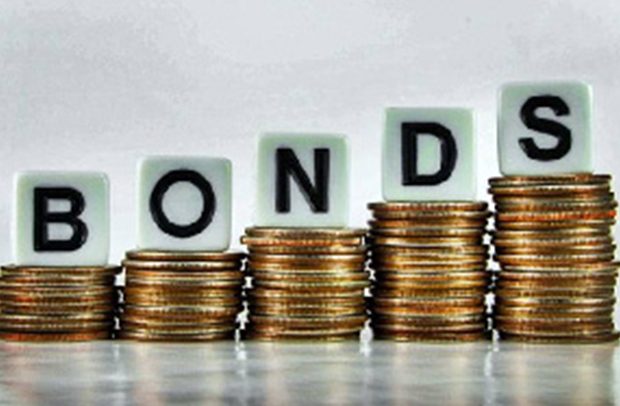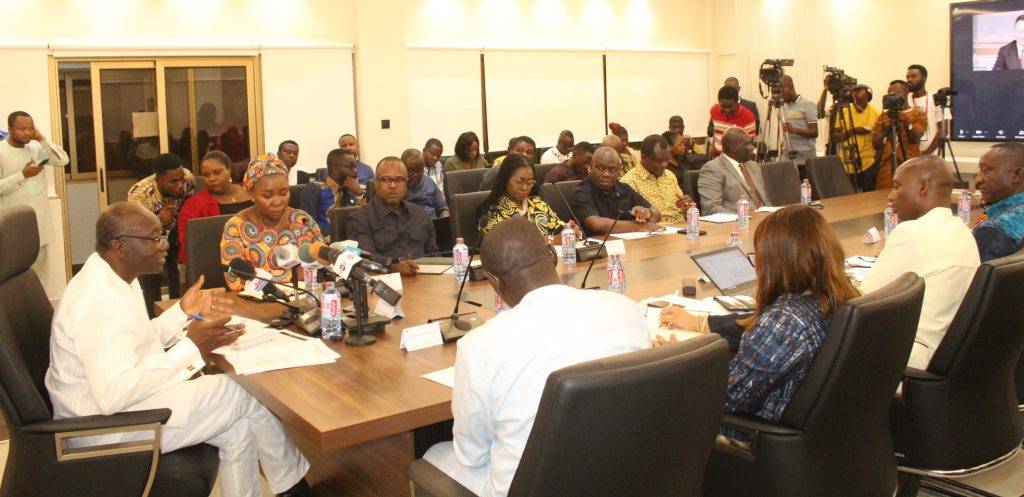
By Samuel Lartey( Prof)
The International Monetary Fund’s (IMF) January 2025 World Economic Outlook Update paints a mixed picture of the global economy. While forecasting a stable but modest growth of 3.3% for both 2025 and 2026, the outlook remains below the historical average of 3.7% (2000–2019).
This points to lingering fragility in the global economy, with advanced economies experiencing divergent growth patterns. Against this backdrop, Ghana emerges as a beacon of resilience, leveraging strategic economic recovery initiatives to chart its path toward sustainable growth.
Global Economic Trends and Their Implications
Global economic trends present a complex mix of challenges and opportunities for Ghana. Key dynamics shaping the international landscape include:
- Sluggish Growth in Advanced Economies:
Advanced economies face uneven growth prospects, potentially leading to tighter global financial conditions and reduced foreign direct investment (FDI).
- Trade and Commodity Volatility:
As a commodity-dependent economy, Ghana remains sensitive to global fluctuations in gold and cocoa prices. These commodities are critical drivers of Ghana’s economic performance.
- Debt Dynamics:
High global debt levels and rising borrowing costs underscore the importance of fiscal discipline and innovative financing solutions in economies like Ghana.
Ghana’s Economic Resilience
Despite these headwinds, Ghana has demonstrated remarkable resilience, supported by fiscal reforms, sectoral diversification, and robust policy measures. The following achievements highlight Ghana’s progress:
- Economic Growth and Jobs Creation
Ghana’s GDP growth is projected to rebound to 4.2% in 2025, up from 3.1% in 2024. This recovery is primarily driven by the agriculture and services sectors. The government’s “YouStart” program, launched in 2023, has significantly boosted entrepreneurship, creating over 100,000 jobs in just two years. This initiative has empowered young Ghanaians to innovate, reducing unemployment and improving household incomes.
- Export Performance
Ghana’s export sector continues to thrive. In 2024, the country exported $6 billion worth of gold, marking a 15% increase from 2023. Meanwhile, innovative supply chain reforms in the cocoa sector, including investments in local processing, have added $1.2 billion in annual value. These successes demonstrate Ghana’s commitment to maximizing returns from its natural resources while fostering local industries.
- Fiscal Consolidation
Ghana has made significant strides in fiscal consolidation. The fiscal deficit narrowed from 9.5% of GDP in 2022 to 7.3% in 2024, reflecting improved revenue mobilization and public expenditure controls. The introduction of the Electronic Transfer Levy (E-Levy) contributed GH?2.5 billion ($215 million) in 2024, bolstering digital financial inclusion and creating opportunities for small businesses.
- Energy Transition and Investments
Ghana is making substantial progress in its energy transition agenda. The government aims to generate 15% of electricity from renewable sources by 2030. Since 2023, solar energy initiatives have attracted $500 million in private investments, positioning Ghana as a leader in sustainable energy development within the region.
- Inflation and Monetary Policy
Inflation has moderated significantly, dropping from a peak of 54.1% in December 2022 to 22% by December 2024. The Bank of Ghana’s proactive measures, coupled with a stabilized cedi-dollar exchange rate at GH?10.8:$1 in early 2025, have restored investor confidence and curbed price volatility.
Impact on Businesses, Homes, and the National Economy
- Business Growth and Resilience
The improved macroeconomic environment has invigorated Ghanaian businesses. Access to stable financing and digital financial inclusion through mobile money interoperability systems has empowered micro, small, and medium enterprises (MSMEs) to thrive. The “One District, One Factory” initiative has created over 150 operational factories, driving industrialization and boosting regional employment.
- Household Livelihoods
Ghana’s economic recovery is positively impacting households. The moderation in inflation has eased the cost of living, while job creation initiatives such as “YouStart” have increased household incomes. Investments in education, exemplified by the Free Senior High School (Free SHS) policy, have benefited over 1.8 million students since 2017, building a foundation for a skilled future workforce.
- National Economic Resilience
At a national level, Ghana’s economic reforms are bolstering fiscal stability and global competitiveness. Membership in the African Continental Free Trade Area (AfCFTA), headquartered in Accra, positions Ghana to benefit from an estimated $450 billion intra-African trade opportunity. In 2024, Ghana attracted $3 billion in FDI, focusing on technology, agriculture, and manufacturing.
Strategic Roadmap for Sustained Recovery
To sustain and amplify its recovery, Ghana must prioritize the following:
- Human Capital Development:
Increased investments in education and skills training are essential to meet the demands of a modern economy. Expanding vocational training programs can further enhance workforce readiness.
- Export Diversification:
Promoting value-added exports through initiatives like “One District, One Factory” will reduce dependency on raw commodity exports and strengthen economic resilience.
- Green Growth and Sustainability:
Accelerating renewable energy projects and sustainable agriculture practices will ensure alignment with global climate goals and attract green investments.
- Fiscal Efficiency:
Expanding the tax base and improving tax collection efficiency will reduce reliance on external borrowing and support fiscal sustainability.
Conclusion
Ghana’s economic recovery amidst a fragile global growth landscape showcases its resilience, adaptability, and strategic policymaking. By leveraging opportunities in technology, regional integration, and renewable energy, Ghana is not only navigating current challenges but also laying the groundwork for long-term prosperity.
As the world grapples with divergent economic paths, Ghana’s story serves as a testament to the transformative power of visionary leadership and focused reforms in achieving economic recovery and national development.
The post Economic resilience: path to recovery appeared first on The Business & Financial Times.
Read Full Story


















Facebook
Twitter
Pinterest
Instagram
Google+
YouTube
LinkedIn
RSS